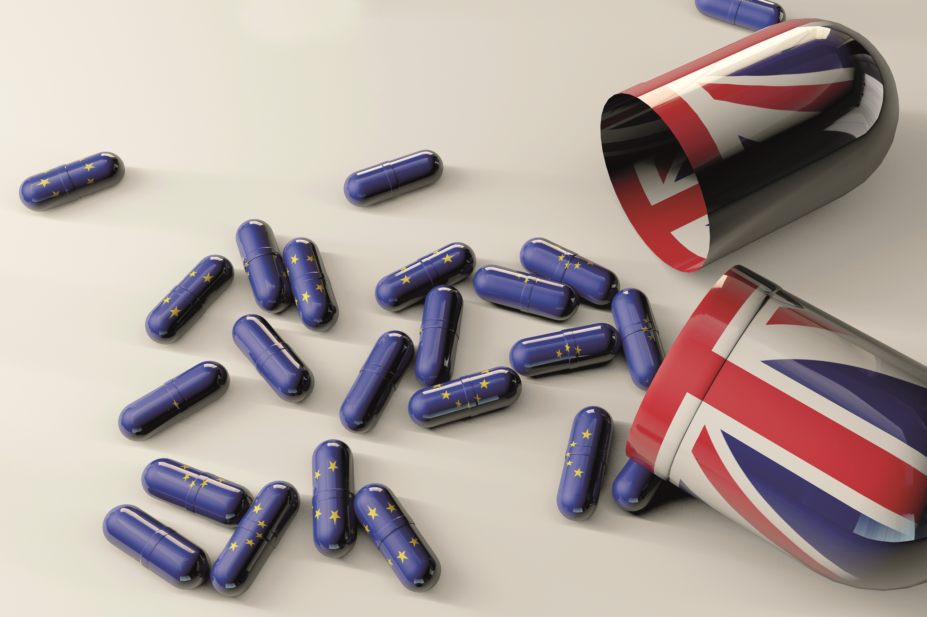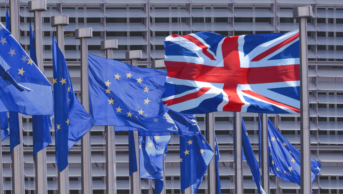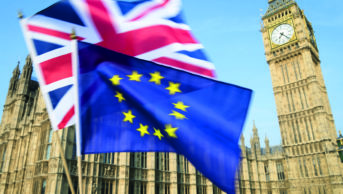
Shutterstock.com
The government has announced it will introduce an express freight service for urgent medicines that are in short supply, as part of plans to ramp up preparations for a no-deal Brexit.
The service will apply to “small consignments” of medicines that need to be delivered within 24 to 48 hours and have been given “critical goods” status. They will have priority access to a special cross-channel ferry service, which will be procured by the government.
Preparations to maintain the drugs supply in the event of a no-deal Brexit were put on hold after two Brexit extensions were agreed between the UK government and the EU.
In April 2019, the Department of Health and Social Care (DHSC), wrote to pharmaceutical firms asking them to keep their previously-agreed six-week rolling stockpile of drugs “in place but on hold” until further notice.
However, Boris Johnson and Jeremy Hunt — the final two candidates campaigning to be the UK’s next prime minister — are refusing to rule out a no-deal Brexit, so the government has written to the health and care sector outlining the next steps.
In June 2019, Steve Oldfield, chief commercial officer at the DHSC, wrote to drugs firms and the wider healthcare sector setting out further no-deal Brexit planning and warning that there would be “significant disruption” for six months in the event of the UK leaving the UK with no agreement in place.
“It remains necessary to maintain a multilayered approach to contingency, in order to secure continuity of supply for medicines and medical products, ahead of a potential 31 October 2019 no-deal [Brexit],” the letter said.
While the express service and priority status given to medicines was welcomed by the pharmaceutical industry and others, there was still concern over whether the supply chain will remain intact if there is no deal.
Ash Soni, president of the Royal Pharmaceutical Society, welcomed the priority given to medicines but expressed concern about the effect of patients creating their own medicines stockpiles, combined with existing medicines shortages.
“From a pharmacist’s perspective, I am also worried that sometime in the next three months the government will ask contractors to increase their medicine stocks. If somebody were to ask me to do that I have no idea how I could afford it,” he added.
Mike Thompson, chief executive of the Association of the British Pharmaceutical Industry, said: “It is extremely challenging for pharmaceutical companies to be continually preparing for a no-deal Brexit. Leaving the EU with a deal in place remains the best way to minimise any potential disruption to medicines supplies.”
Meanwhile, Niall Dickson, chief executive of the NHS Confederation, said: “The truth is that much of this is outside of the control of the NHS and our members; that is why we continue to advocate a negotiated deal which will provide maximum protection for patients.”


